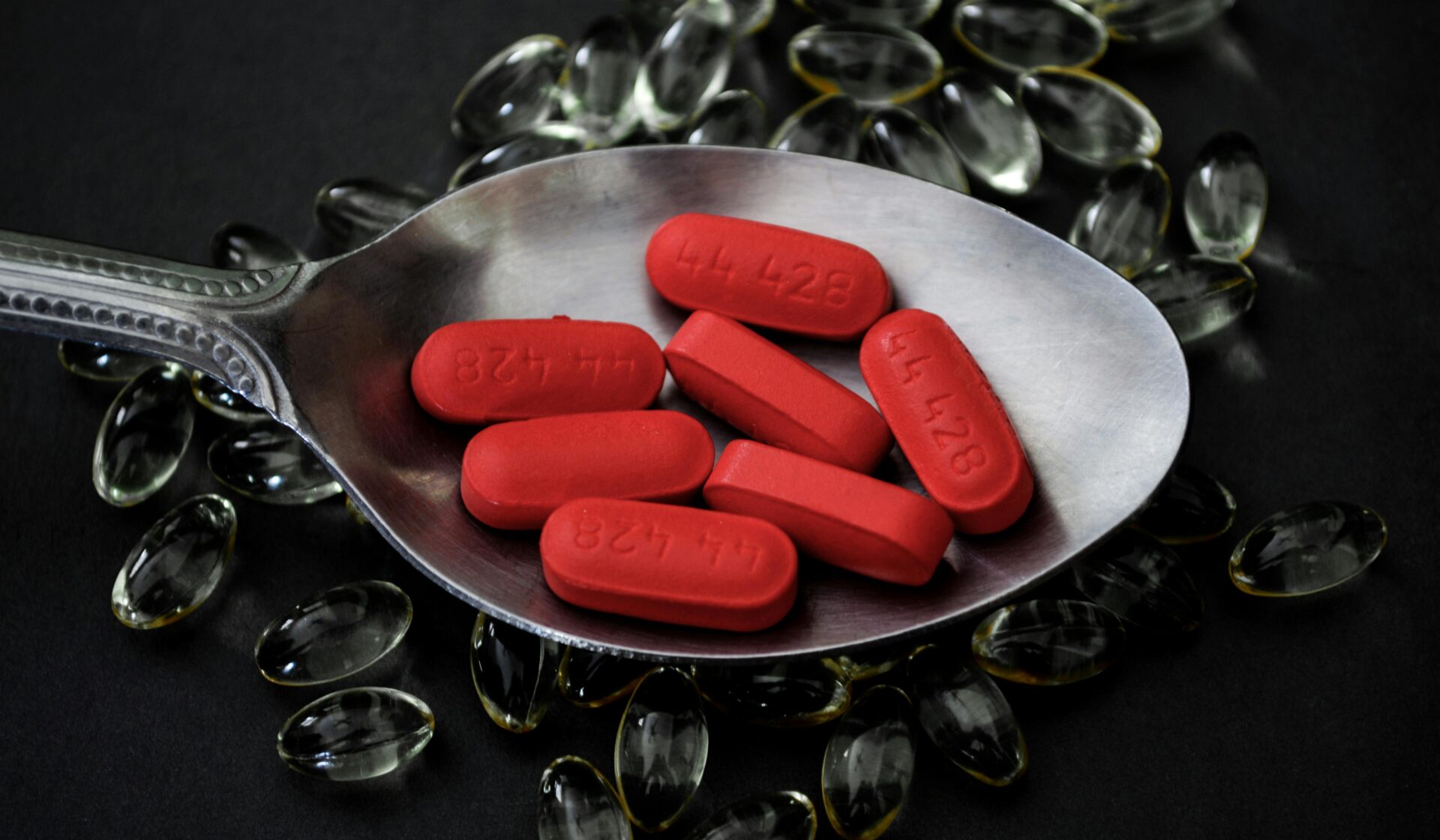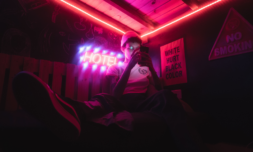Tate has once again been arrested, this time over allegations of sexual aggression in a case dating back to 2012-2015. Unfortunately, this will unlikely slow the pace of the rapidly growing incel movement, which is seeing more and more young men worldwide adopt red pill ideologies.
In 2022, Andrew Tate began dominating the Internet with his outrageous and flagrantly misogynistic content, centred around his brand of hyper-toxic masculinity.
Videos describing women as ‘barely sentient’ and tweets claiming we ‘put [ourselves[ in a position to be sexually assaulted’ made clear that Tate was determined to spread his radical bigotry far and wide, which he achieved in doing.
Regardless of how evidently problematic his rants were, social media failed to restrict his influence.
As a result, Tate succeeded in fostering a cult of violent sexism online, the repercussions of which are still being felt today.
Due to the apparent allure of his alpha-male persona for a growing cohort of young, impressionable men, this demographic has been easily swayed by his disturbing ideologies, and a fifth of males aged 16-29 now have a ‘favourable view’ of him, according to recent research.
Not only this, but a poll by advocacy group ‘Hope Not Hate’ uncovered last month that teenage boys in the UK pay more attention to Tate than political leaders, knowing him better than the nation’s prime minister.
Concerningly, this is despite the fact that society has appeared to acknowledge the threat the incel movement poses to decades of feminism (one in six males aged 16-29 believe it has done more harm than good) and the continued surge in right-wing rhetoric across the globe.
It additionally disregards Tate’s extremely publicised arrest, which took place towards the end of 2022 on charges of human trafficking, rape, and forming an organised crime group.
‘The suspect appears to have done so with the purpose of recruiting, housing, and exploiting women by forcing them to create pornographic content meant to be seen on specialised websites for a cost,’ a spokesperson for the Directorate for Investigating Organised Crime and Terrorism told the BBC at the time.




















